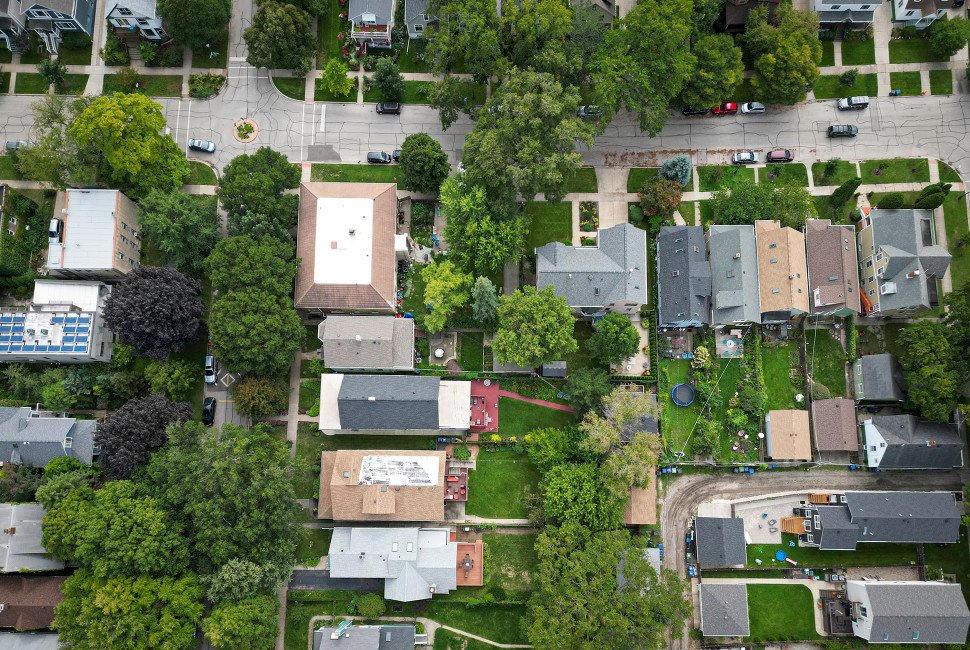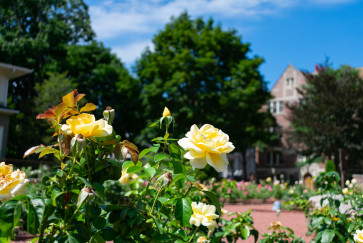Northwestern University’s $3 million annual commitment to the City of Evanston through its Good Neighbor Fund includes at least $500,000 each year to the city’s Climate Action and Resilience Plan and $1 million each year to the city’s Affordable Housing Fund.
This investment in the city’s long-term inclusivity and livability lets Evanston decide how to allocate the funds.
“One of the most significant aspects of the renewed Good Neighbor Fund is that the city determines how the money is used without requiring University approval,” said Dave Davis, senior executive director of Northwestern’s Neighborhood and Community Relations. “This community-driven approach ensures that support goes where our residents decide it’s needed most.”
The fund allows us to accelerate the construction of new affordable units, which we know we need.”
Evanston city councilmember
The funding is crucial to ensuring longtime residents can remain in the city, according to Bobby Burns, councilmember for Evanston’s Fifth Ward. “We want people to continue to be able to benefit from all the things Evanston has to offer. The fund allows us to accelerate the construction of new affordable units, which we know we need.”
One of the first projects to receive support was the city’s acquisition of land on Brown Avenue. Plans are underway to work with Community Partners for Affordable Housing to construct eight affordable three-bedroom condominiums and two rental apartments for income-eligible residents.
Beyond development, the Affordable Housing Fund will support initiatives like rental assistance and programs for residents at risk of displacement due to rising property taxes. Northwestern’s backing is important, Burns said, noting that building an affordable unit costs between $200,000 and $400,000. “It’s an expensive endeavor, and we need the funding to do it. Northwestern is a big part of that.”
Burns adds that the city has seen many residents displaced. “Evanston has a responsibility to figure out how to allow longtime residents to stay, and a big part of that is figuring out a way to lower the cost of housing,” he said.
Rather than the marketplace dictating Evanston’s affordability, Burns wants the city to continue to use a portion of the funds to acquire more property “so that we have more ability to determine how much affordability is appropriate for each site. We want to make sure we can continue to have a diverse community in every sense of that word.”
That’s important to Northwestern, Davis said. “We’re proud to play a role in preserving Evanston’s diversity and vibrancy. Partnering with the city to expand access to housing is not just about dollars, it’s about impact.”
Learn more about affordable housing in Evanston.


